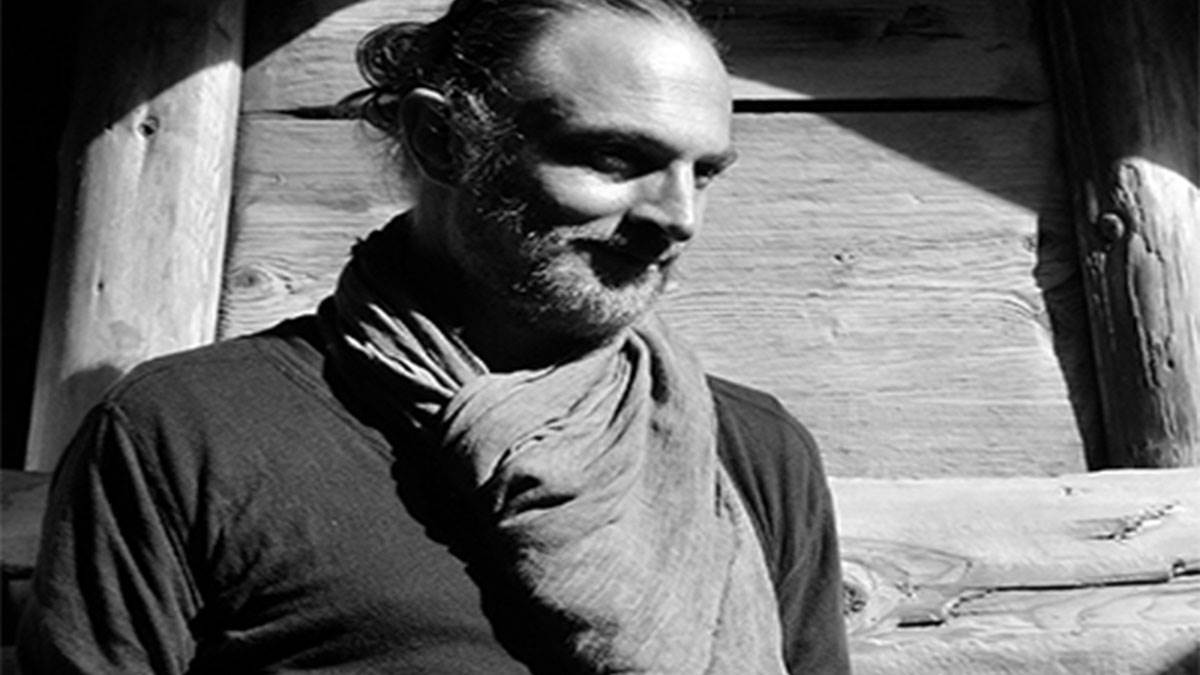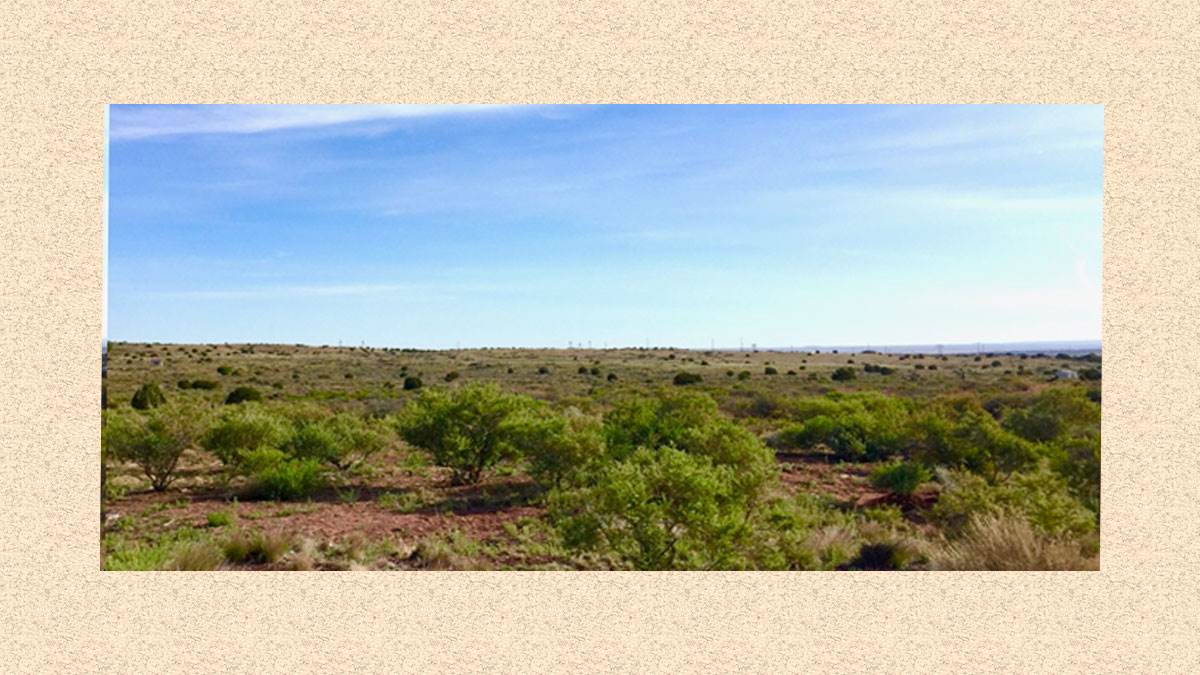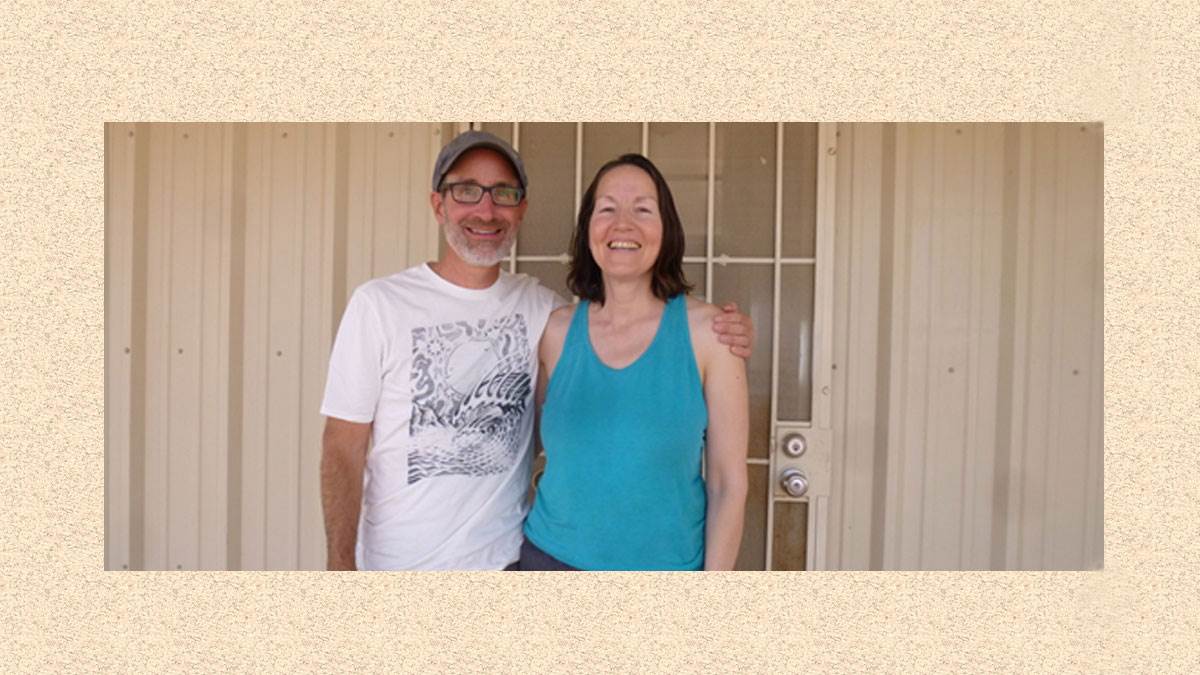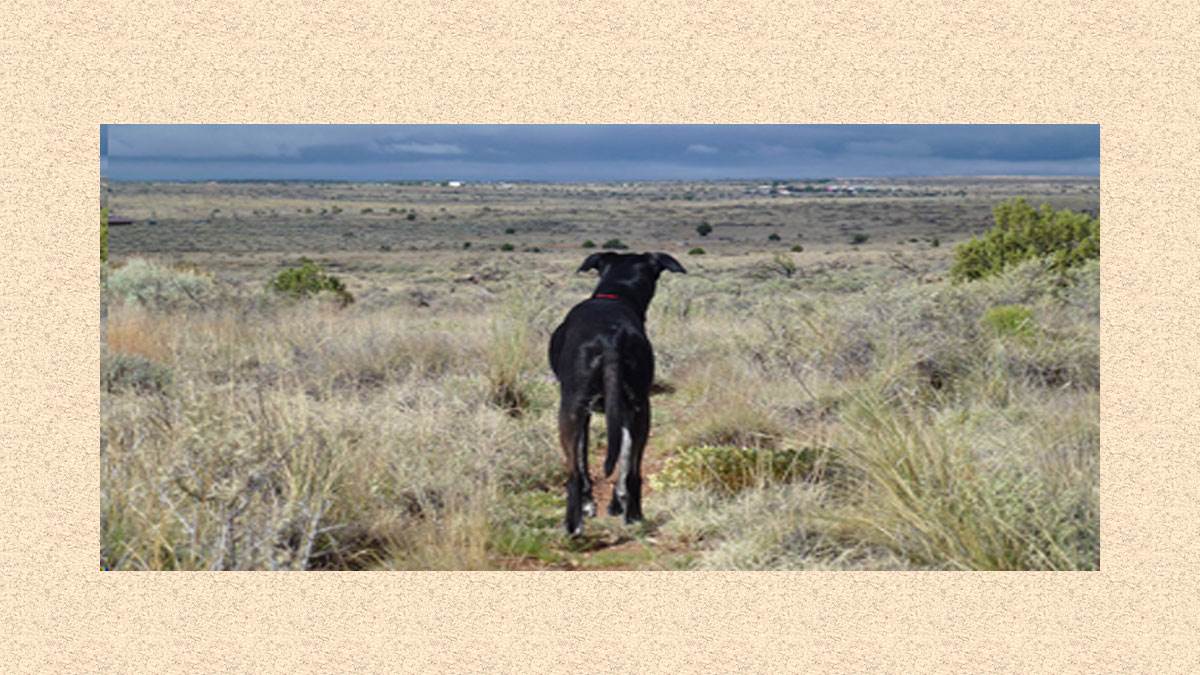Canaries in the coalmine: Why Marcus Sedgwick is writing about Chronic Fatigue and illnesses we all need to understand better
Published on: 11 September 2019 Author: Marcus Sedgwick
After author Marcus Sedgwick developed Chronic Fatigue Syndrome, there were times he could not stand for more than a few minutes. He explains why he just had to write a book about a sickness that doctors sometimes ignore.

Author Marcus Segdwick: copyright Maureen Hansman
Imagine this:
You’re sick. Sicker, probably, that you have ever been in your life. You try to wait it out, but it’s not improving. You keep trying to work, but it’s obvious you can’t – you have aching joints; painful, stiff muscles; you can barely walk. You have diarrhoea, earache, fever. You are totally exhausted in a way that is hard to describe; like no tiredness you have ever known.
So, you give in and go to your doctor. She performs some routine blood tests and shortly you return to get the results. They are all negative. She leans slightly across the desk towards you and says: ‘What would you say, if I told you that this is all in your head?’
What happens from that point on is possibly something a little harder to imagine. Where will that one provocative question take you? What will happen? Who will help you and who will refuse to even try?
Fatigue and weakness
Unfortunately, I don’t have to imagine any of this, because six years ago, this exact scenario happened to me, after a working trip to Asia. I was rapidly given the (lack of) diagnosis that doctors call Chronic Fatigue Syndrome (CFS), or myalgic encephalomyelitis (ME), and prescribed a course of Cognitive Behavioural Therapy, to apparently fix whatever was wrong "in my head". You may not be surprised to learn that it didn’t work. Six years later, as the Salford bard put it, I am Still Ill.
Though some of the acute symptoms disappeared, I have been left a legacy of long-term problems, particularly debilitating fatigue and weak legs: unable to walk for more than short distances, unable to stand for more than a few minutes. Up until the week I became ill, I ran 5km three times a week. Now, I am lucky if I can walk 500 metres. That’s what a good day looks like, and I am one of the lucky ones, as far as CFS severity goes.
I shall not dwell on this. What’s more interesting is where being undiagnosed leads. One of the things that anyone with a disputed or undiagnosed sickness will tell you is that you very rapidly become your own doctor. There is no choice. You have to do that appalling thing that most doctors scorn and resent in equal measure – you self-diagnose.
Desperation can make you do some funny things; it can take you to some strange places, and one of the more interesting places it took me to was Arizona, to the desert.
Welcome to Snowflake: the foreshadowing of your future.
More precisely, my journey took me to the desert about 8 miles outside of Snowflake, a town improbably named after its two founders, Mr Snow and Mr Flake.
 The desert of Navajo County, outside Snowflake, AZ
The desert of Navajo County, outside Snowflake, AZ
'Ignored sickness'
I came because I’d read about a community of sufferers with an illness that seemed a lot like mine. It was also a disputed, ignored sickness, whose casualties have had not only to cope with their ill health, but stigma, too.
The illness is called Multiple Chemical Sensitivity, and MCS is just one particular term for a broad range of sickness called "Environmental Illness". Put as simply as possible, these are people who have been poisoned by the world, specifically by the modern world and by the thousands of pesticides, pollutants, additives, toxins and chemicals that we continue to pump into the only ecosystem we can call home.
The vast majority of people haven’t heard of MCS. Those who have tend to think that MCS victims are faking or imagining it; that they are malingerers and dropouts, running away from the real world. That very last part is true; they have indeed come to live in the desert as far as possible from major polluting factors, in homes that are as safe as possible for them to live in.
I saw for myself that they are people like you and me who have experienced the rough end of our wondrous technological advances and paid the price with their jobs, relationships, dignity and health.
Take Scott: until he became sick, he was a Graduate student working on his PhD at Georgia Tech, Atlanta. Then one day, 20 years ago, termites were found in his office and it was sprayed with a pesticide that many other countries have banned. From that time on, Scott got sicker and sicker.
Snowflake is full of stories like his.
 Scott and his friend Liz, outside the first home he’s been able to sleep inside in over ten years
Scott and his friend Liz, outside the first home he’s been able to sleep inside in over ten years
From personal health to global crisis
So is my CFS actually MCS? Maybe, maybe not. After six years, it doesn’t feel as important to me as it once did to know precisely what’s happening. What’s important, what’s become clear, is that, whatever specific acronyms we give these various mysterious illnesses, there is a massive under-discussed epidemic of chronic sickness at large in the world.
Delving deeply into my personal health led me to a better understanding of global health, and also of climate disaster. What, you may say, has the collapsing climate got to do with people being poisoned by chemicals? The answer is everything. For the cause underneath all of this is a certain mentality of shoot first, ask questions later; of let (some of) us get rich now and not worry about the consequences. It’s the story behind asbestos, thalidomide, DDT, tobacco, CFCs – the list is endless. It’s the story of money, and the people who put that above anything or anyone else.
But it’s also a story of hope, in that our possible salvation may lie with our children – such as youthful climate protesters, characterised by Greta Thunberg, who are showing us so often that young people still have belief, ideals, and the optimism to try to do something about what’s wrong. We need to pay attention to our young people, for they still see what many of us have chosen to ignore.
The people I met in Snowflake call themselves the "canaries" – like the old canary in the coalmine that was the early warning signal of death lurking ahead.
We’d do well to listen to their tale, too.

Cooper in the desert, looking at the coming storm
Picture credits © Marcus Sedgwick, Scott Killingsworth, Deb Schmeltzer 2019
Snowflake, AZ by Marcus Sedgwick is out now
What it's like to have ME or Chronic Fatigue when you're young






Add a comment